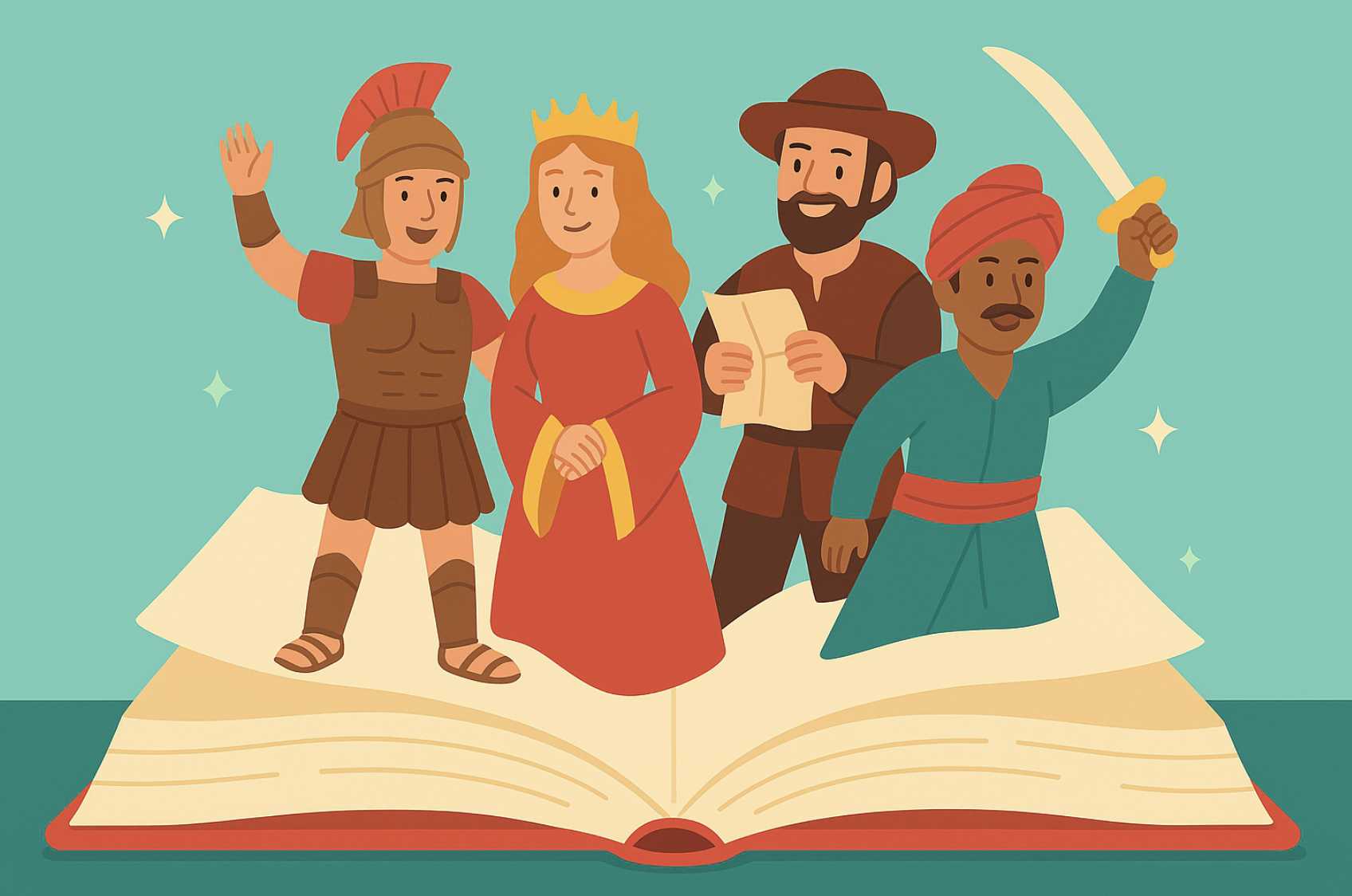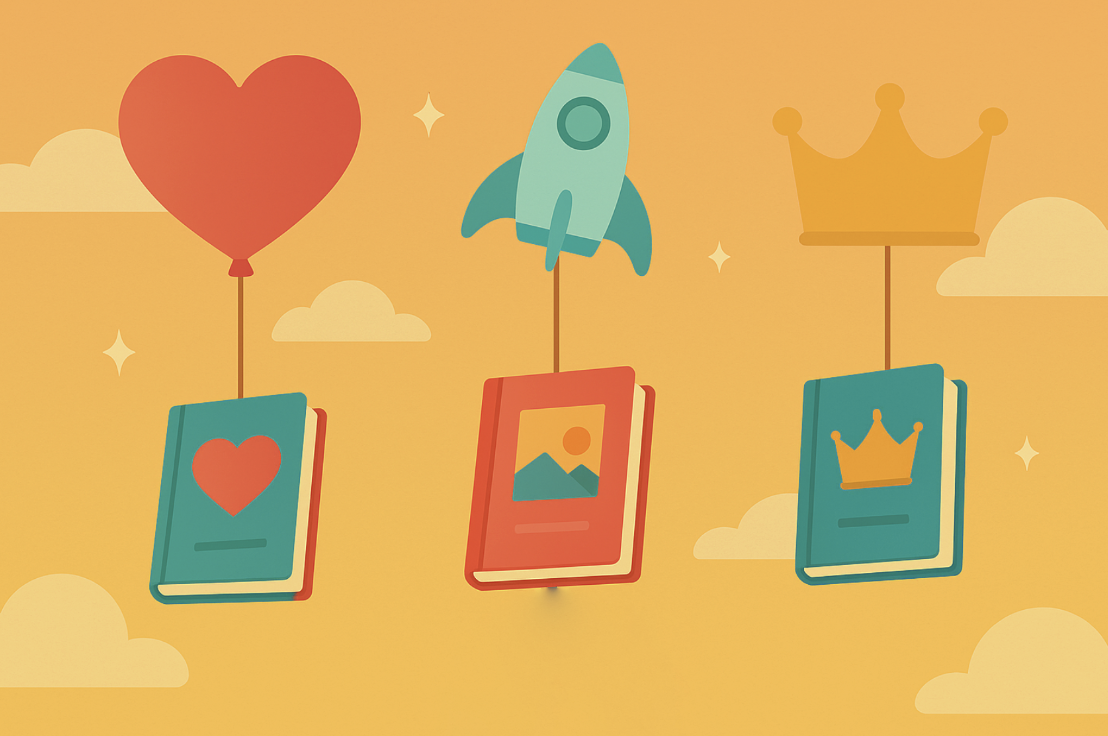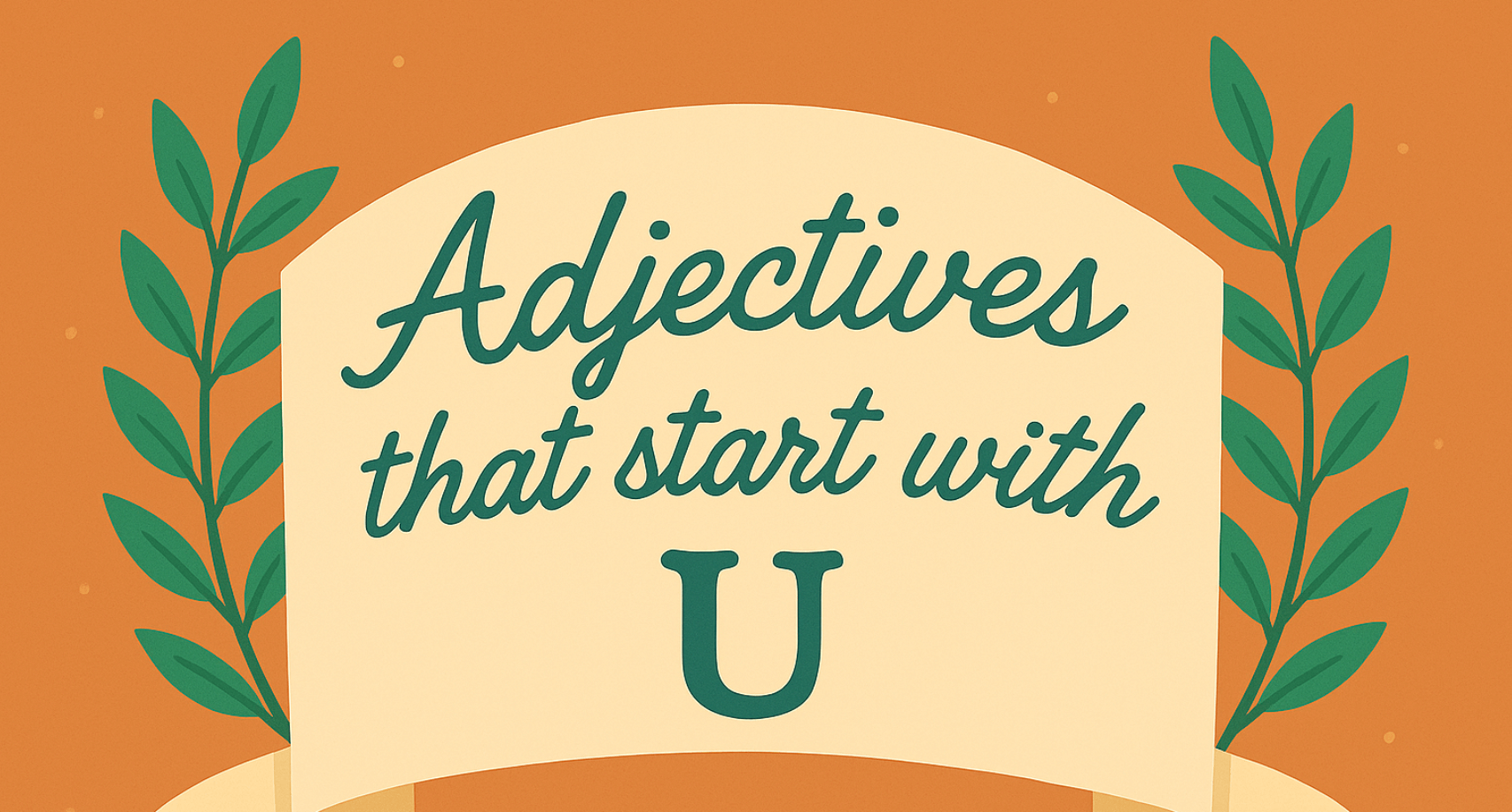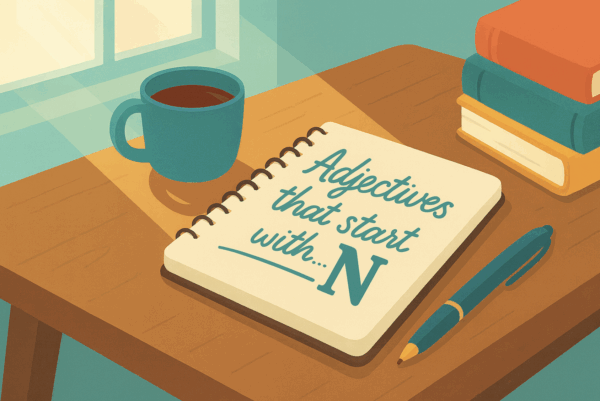Fiction is like that friend who can take you on a wild adventure, all without leaving the couch. You know it’s not real, but it still feels somehow true, resonating with your thoughts and emotions. From heart-pounding mysteries to magical worlds, fiction lets us explore new ideas, places, and people in a way that feels both exciting and comforting. It’s the ultimate escape, but with the power to leave a lasting impression.
So, what exactly is fiction? And how does it stand apart from non-fiction and creative non-fiction, with its focus on the real world? Let’s dig into the different types of fiction, from romance fiction, historical fiction, and science fiction, to literary fiction and thriller fiction, to see how each genre tells its own unique story. We’re not just here to define fiction, but to explore why it holds such a magnetic pull on us. Stick around, and we’ll show you how these stories shape our understanding of the world.
What is Fiction? Let’s Break it Down
Fiction is essentially any story that comes from someone’s imagination. It’s the art of creating worlds, characters, and plots that might not exist in real life but feel real in the heart of the reader. Think of fiction as a playground where the rules of the real world don’t apply. Want a dragon flying over a city? Sure. A detective solving a crime in the future? Go for it. Fiction is as limitless as the imagination itself, and one of the best-selling book genres.
At its core, fiction is about storytelling: creating narratives that entertain, challenge, and often make us reflect on our own lives. It’s what lets us experience the lives of others, live in different times or places, and even grapple with moral dilemmas we might not face in reality. Whether it’s a gripping thriller or a heartfelt romance, fiction opens the door to endless possibilities.
So, how does fiction differ from non-fiction?
While fiction spins tales from scratch, non-fiction is rooted in reality.
- Non-fiction tells us about the world as it is: biographies, history, how-to guides, or even news stories.
- Fiction, on the other hand, is about creating new worlds and ideas that, although not real, often feel just as important as the truth.
The two may serve different purposes, but both are crucial in shaping how we understand and engage with the world around us.
Your Publishing Journey Awaits – Start NowWhat is Non-Fiction? The Truth Behind the Words
Non-fiction is the opposite of fiction, but that doesn’t mean it’s any less exciting. While fiction creates worlds from imagination, non-fiction focuses on the real world: the facts, the stories, and the truths that shape our lives. It’s the genre that gives us biographies, history books, self-help guides, and journalistic pieces, offering us insights into the world as it truly is, rather than how it might be in a fictional story.
What makes non-fiction so captivating is its ability to inform, educate, and sometimes even change the way we think. It’s not just about presenting facts, though; good non-fiction tells a story too. Whether it’s exploring a historical event in detail, analyzing the mind of a famous person, or offering practical advice on how to live a better life, non-fiction connects with readers through real-world relevance and truth.
Literary non-fiction can be an eye-opener for anyone curious about the world around them. It’s where you turn when you want to learn something new, dive deep into a topic, or understand a piece of history. While fiction takes us to places that might never exist, non-fiction grounds us in the world that does, helping us navigate through it with knowledge, clarity, and sometimes even a fresh perspective.
Books like Sapiens by Yuval Noah Harari, which explores the history of humankind, and Becoming by Michelle Obama, which offers an intimate look at her life, are perfect examples of non-fiction that read like stories. These books don’t just present information; they engage with the reader’s emotions, offering lessons, perspectives, and even inspiration.
Key Differences Between Fiction and Non-Fiction: What Sets Them Apart?
Now that we’ve explored what fiction and non-fiction are, it’s time to look at what makes them truly different. While they both tell stories, the way they approach storytelling is what sets them apart.
Fiction, as we’ve seen, is about imagination. It’s where authors get to play with possibilities, bend the rules of reality, and create entire worlds from scratch. Fiction can be set in the future, the past, or even in fantastical realms that don’t exist at all. It’s driven by creativity and the desire to entertain, evoke emotion, and provoke thought. The stories in fiction may feel true in some ways, but they’re not bound by the truth.
Non-fiction, on the other hand, is grounded in reality. It’s about telling stories that are based on facts, real events, or real people. Whether it’s a biography, a history book, or a how-to guide, non-fiction is all about giving readers a clearer understanding of the world as it is. Non-fiction writers are bound by the truth—no matter how they choose to tell it, their goal is to inform, educate, and sometimes inspire through the lens of reality.
In summary, fiction gives you freedom to explore “what if” while non-fiction shows you “what is.” Fiction may allow you to lose yourself in a story that’s entirely invented, while non-fiction grounds you in real-world knowledge and experience. Both are valuable, though: fiction enriches our imagination and emotional lives, while non-fiction deepens our understanding of the world around us. Together, they complement each other and make the literary world that much richer.
What is Romance Fiction? The Heart of Storytelling
Romance fiction is the genre that taps into the deep and universal emotions of love, connection, and relationships. It’s where characters meet, fall in love, struggle with their feelings, and ultimately find some form of resolution, whether that’s happily-ever-after or a bittersweet ending. At its core, romance is about emotional intimacy and personal growth through relationships.
What makes romance fiction so popular is its ability to make us feel, whether it’s the butterflies of a new romance, the passion of the lover archetype, or the pain of heartbreak. It’s a genre that resonates with people because we all understand the power of love in some form, and romance fiction taps into that universal experience.
Some of the most iconic romance novels include classics like:
- Pride and Prejudice by Jane Austen, where Elizabeth Bennet and Mr. Darcy’s developing relationship challenges social norms and personal biases.
Modern romance novels include:
- The Notebook by Nicholas Sparks tells a heart-wrenching love story that spans decades.
- Outlander by Diana Gabaldon mixes romance with history and time travel, creating a whirlwind of emotion and adventure.
Romance fiction isn’t just about the “love story,” though; it often explores deeper themes like sacrifice, self-discovery, and what it means to truly love and be loved. It’s a genre that’s never short of excitement, whether you’re reading a lighthearted rom-com or a tear-jerking drama. It’s the perfect escape for those looking for a story that stirs the heart and brings hope, no matter the obstacles the characters may face.
What is Thriller/Crime Fiction? The Edge-of-Your-Seat Stories
Thriller and crime fiction are genres that grab you by the collar and don’t let go until the very last page. These books are fast-paced, gripping, and packed with twists, turns, and suspense. The thrill of not knowing what’s coming next, combined with the tension of solving a mystery or escaping danger, makes this genre one of the most exciting and adrenaline-pumping.
At the heart of thriller and crime fiction is often a central mystery; usually a crime, a hidden secret, or a dark conspiracy that must be uncovered. The protagonist, typically a detective or an ordinary person caught in extraordinary circumstances, races against time to solve the puzzle. These stories keep you on edge, with each chapter pulling you deeper into a web of deception and intrigue.
Some of the most famous works in this genre include:
- The Girl with the Dragon Tattoo by Stieg Larsson, a dark, twisty tale of murder, corruption, and hidden identities.
- Gone Girl by Gillian Flynn, which explores the eerie disappearance of a woman and the secrets that unfold as the investigation progresses.
- The Silent Patient by Alex Michaelides, a psychological thriller about a woman who shoots her husband and then falls silent, with a therapist determined to uncover the truth.
What makes thrillers and crime fiction so compelling is their ability to engage both the mind and emotions. You’re not just following a plot; you’re constantly trying to piece together clues, anticipating the next shocking twist, and, in many cases, questioning the reliability of the characters and the story itself. Whether it’s a detective unraveling a crime or a heart-stopping chase, thriller and crime fiction offer a rush that’s hard to replicate.
From classic detective stories to modern psychological thrillers, this genre offers something for anyone looking for a good mystery or a gripping, edge-of-your-seat experience. If you love to be kept guessing, and can’t resist the thrill of an unexpected twist, thriller and crime fiction is where the suspense never ends.

What is Historical Fiction? A Look Back in Time
Historical fiction is where the past meets the imagination. It takes real events, people, and places, and brings them to life through stories that feel as vivid and engaging as anything happening today. Authors might take a historical figure, like Cleopatra or Churchill, and weave them into a completely fictional story, or they might use a real event, say, the sinking of the Titanic, and build a narrative around it with characters who never actually existed.
The magic of historical fiction is that it lets you experience history from the inside out. You don’t just read about it; you live it. You get to walk in the shoes of characters from another time, whether it’s in ancient Rome, the streets of Victorian London, or the battlefields of World War II. These stories make history come alive, not just as facts and dates, but as emotions and experiences.
Books such as the following represent the historical fiction genre:
- The Book Thief by Markus Zusak, set during WWII.
- All the Light We Cannot See by Anthony Doerr, which unfolds in Nazi-occupied France.
These aren’t just stories about historical events; they’re about the people who lived through them, their fears, hopes, and resilience. Historical fiction shows us that the past wasn’t just something that happened, but something we can feel and understand on a deeper level.
For those who love history or just enjoy a great story, historical fiction offers a rich, immersive experience that blends the factual with the imagined, pulling you into a world where the past and present coexist.
What is Science Fiction? A Journey Beyond Reality
Science fiction is like a portal that takes you from the world you know and launches you into the unknown. It’s a genre that explores what could be, based on science, technology, and the possibilities of the future. Imagine a world where humans live on Mars, robots are a part of everyday life, or time travel is just another Tuesday. In science fiction, anything can happen, as long as it’s grounded in a vision of what might one day be possible, or at least plausible.
What makes the science fiction genre so compelling is its ability to stretch the imagination while still making you think. It’s not just about flying cars and laser beams (although those are pretty cool). Science fiction often tackles big ideas like the ethics of artificial intelligence, the consequences of climate change, or the exploration of what it means to be human in a world full of advanced technology.
Some iconic examples of science fiction include:
- 1984 by George Orwell, a chilling look at a dystopian future.
- Dune by Frank Herbert, a saga of politics, power, and survival set on a desert planet.
These stories are much more than just futuristic worlds; they challenge our understanding of society, technology, and the future itself. Science fiction has this unique ability to ask questions about where we’re headed and what could go wrong, or right, along the way.
If you’ve ever wondered what our world might look like in a few hundred years, or how technology could shape our lives in ways we haven’t even imagined, science fiction is the perfect genre to explore. It’s the ultimate blend of imagination and possibility, taking you on a journey that’s as thrilling as it is thought-provoking.
What is Literary Fiction? The Art of Storytelling
Literary fiction is a book genre that’s all about the craft of storytelling. The focus is as much on how the story is told as it is on what happens in the plot. It’s the kind of fiction that digs deep into the human experience, exploring emotions, relationships, and the complexities of life with a level of nuance and depth that can leave you reflecting long after you’ve finished reading.
Unlike genre fiction, which often prioritizes plot-driven action (think thrillers or sci-fi), literary fiction tends to focus on character development, theme, and prose. It’s not about fast-paced action or dramatic twists (though they can certainly appear); it’s about the journey of self-discovery, the struggles of the human condition, and the beauty of language. It’s a genre where every word feels purposeful, and every scene builds towards a deeper understanding of life itself.
Classic examples of literary fiction include:
- To Kill a Mockingbird by Harper Lee examines racial injustice and moral growth.
- The Catcher in the Rye by J.D. Salinger delves into the complexities of teenage angst and identity.
These stories aren’t just about what happens to the characters; they’re about how those events shape their inner worlds and, by extension, how we view our own lives.
Literary fiction can be an incredibly rewarding experience for readers who appreciate a more introspective, thought-provoking read. It’s the kind of book that stays with you, inviting you to question, reflect, and engage with the world in a more meaningful way. If you’re someone who loves to get lost in the layers of a well-crafted story and explore the depths of the human soul, literary fiction is the genre for you.
Why Fiction Matters, And Why We Love It
Fiction is about exploring new perspectives, diving into complex characters, and experiencing emotions that may be beyond our own reality. Whether it’s the thrill of a mystery, the wonder of a fantastical world, or the depth of human connection in literary fiction, stories allow us to learn, reflect, and grow in ways that other mediums can’t.
We love fiction because it lets us live countless lives in a single lifetime, feel things we might never experience, and think in ways we never thought possible. Whether it’s historical fiction that brings the past to life, science fiction that challenges our vision of the future, or literary fiction that digs deep into the human experience, each genre offers something unique.
So, the next time you crack open a book, take a moment to appreciate the world of fiction. It’s an opportunity to broaden your imagination, expand your understanding, and, most importantly, connect with stories that resonate on a deeply human level. Fiction is, after all, where the heart of storytelling truly lives.
The Top Fiction Books in Each Genre
Here are the top 5 most famous books in each of the major fiction genres:
Historical Fiction
- The Book Thief by Markus Zusak – Set during WWII, it follows a young girl in Nazi Germany.
- All the Light We Cannot See by Anthony Doerr – A tale of a blind French girl and a German soldier during WWII.
- Gone with the Wind by Margaret Mitchell – A sweeping epic set during the American Civil War and Reconstruction.
- War and Peace by Leo Tolstoy – A classic that explores Russian society during the Napoleonic Wars.
- The Nightingale by Kristin Hannah – Focuses on two sisters navigating the challenges of WWII in France.
Science Fiction
- 1984 by George Orwell – A dystopian novel about a totalitarian society under constant surveillance.
- Dune by Frank Herbert – A sweeping space opera set on the desert planet of Arrakis.
- Fahrenheit 451 by Ray Bradbury – A world where books are banned and burned, exploring censorship.
- The Hitchhiker’s Guide to the Galaxy by Douglas Adams – A quirky and humorous intergalactic adventure.
- Ender’s Game by Orson Scott Card – A young boy trains in a military school to fight an alien race.
Literary Fiction
- To Kill a Mockingbird by Harper Lee – A novel about racial injustice in the American South.
- The Great Gatsby by F. Scott Fitzgerald – A look at the American Dream during the Roaring Twenties.
- Moby-Dick by Herman Melville – A philosophical exploration of obsession, centered on the hunt for a giant whale.
- Pride and Prejudice by Jane Austen – A classic romance that critiques societal norms.
- Beloved by Toni Morrison – A powerful narrative about the legacy of slavery in post-Civil War America.
Fantasy Fiction
- The Lord of the Rings by J.R.R. Tolkien – An epic tale of the battle between good and evil in Middle-earth.
- Harry Potter and the Sorcerer’s Stone by J.K. Rowling – The first book in the series about a young wizard attending Hogwarts.
- A Game of Thrones by George R.R. Martin – A political and fantastical drama set in the Seven Kingdoms.
- The Chronicles of Narnia by C.S. Lewis – A series of adventures set in the magical world of Narnia.
- The Hobbit by J.R.R. Tolkien – A prequel to The Lord of the Rings about the journey of Bilbo Baggins.
Romantic Fiction
- Pride and Prejudice by Jane Austen – A story about love, social class, and personal growth.
- The Notebook by Nicholas Sparks – A timeless love story that spans decades.
- Romeo and Juliet by William Shakespeare – The classic tragedy of young love doomed by family conflict.
- Outlander by Diana Gabaldon – A historical romance with time travel and adventure.
- Me Before You by Jojo Moyes – A poignant romance about love and sacrifice.
These books are considered iconic in their respective genres and have left lasting impacts on readers worldwide.
FAQ: What is Fiction?
Q: What exactly is fiction?
Fiction refers to stories created from the imagination, rather than being based on real events or facts. It allows authors to craft entire worlds, characters, and scenarios that don’t necessarily exist. The key difference between fiction and non-fiction is that fiction explores what could happen, rather than what has happened in reality.
Q: What are the different genres of fiction?
Fiction comes in many genres, each offering a unique reading experience. Some of the most popular include historical fiction, which blends real history with imaginative narratives; science fiction, which explores futuristic worlds and technology; literary fiction, focused on character development and theme; romance, which centers on love and relationships; and thriller/crime fiction, which delivers suspense and mystery. Each genre offers a distinct way to engage with stories.
Q: How is historical fiction different from other genres?
Historical fiction stands out by blending real historical events and figures with fictional elements. While the setting and certain aspects of the story are grounded in history, the characters and plot are created by the author. This genre helps readers experience the past from a personal, emotional perspective, making history come alive in a way that textbooks can’t.
Q: What makes science fiction unique?
Science fiction is defined by its exploration of speculative ideas grounded in science, technology, and the future. It imagines worlds where technological advancements or scientific discoveries reshape society or humanity. What sets it apart is its ability to explore complex issues, such as artificial intelligence, space exploration, and time travel, all while sparking our imagination and challenging our understanding of what’s possible.
Q: What defines literary fiction?
Literary fiction is focused on high-quality storytelling with an emphasis on character depth, thematic exploration, and sophisticated prose. It often delves into human experiences, emotions, and moral dilemmas, with less focus on plot-driven action. The genre values the art of storytelling and aims to provoke thought, often leaving a lasting impact on readers long after the book is finished.
Q: Why is romance fiction so popular?
Romance fiction taps into universal emotions, particularly the joys, struggles, and complexities of love and relationships. Whether it’s the thrill of new love or the emotional challenges of an enduring relationship, romance novels resonate with readers on a deeply personal level. Their ability to offer both escapism and relatable experiences keeps romance a top genre for readers of all ages.
Q: What is the difference between thriller and crime fiction?
While both book genres involve suspense and mystery, crime fiction generally focuses on the investigation of a crime, such as a murder or heist, with a detective or investigator solving the puzzle. Thrillers, on the other hand, keep readers on the edge of their seats with fast-paced, high-stakes action, often involving life-or-death situations. Crime fiction is more about solving a case, while thrillers heighten the tension with danger and unexpected twists.
Q: Can non-fiction be as engaging as fiction?
Q: Can non-fiction be as engaging as fiction?
Absolutely! While non-fiction may be rooted in facts, it can still be incredibly engaging by telling real-life stories that inspire, educate, or entertain. Memoirs, biographies, and investigative journalism, for example, often read like gripping narratives, drawing readers into real-world events with the same level of emotional intensity as fictional stories. Non-fiction can be just as captivating, offering insight into the world and our place in it.







